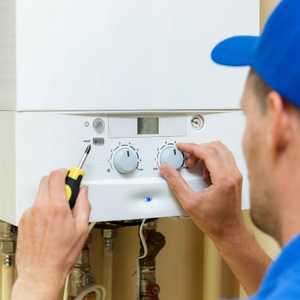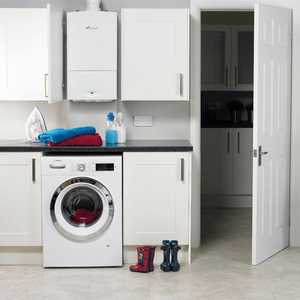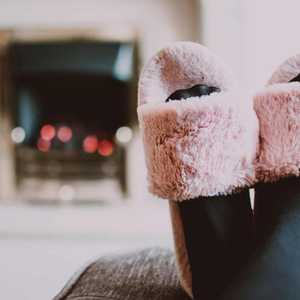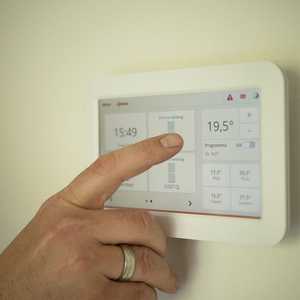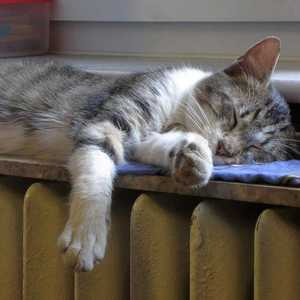10 Tips to Protect Your Home this Gas Safety Week
Is your home gas safe? Rightio shares its ten top tips to help protect your family and home this Gas Safety Week. Learn more.
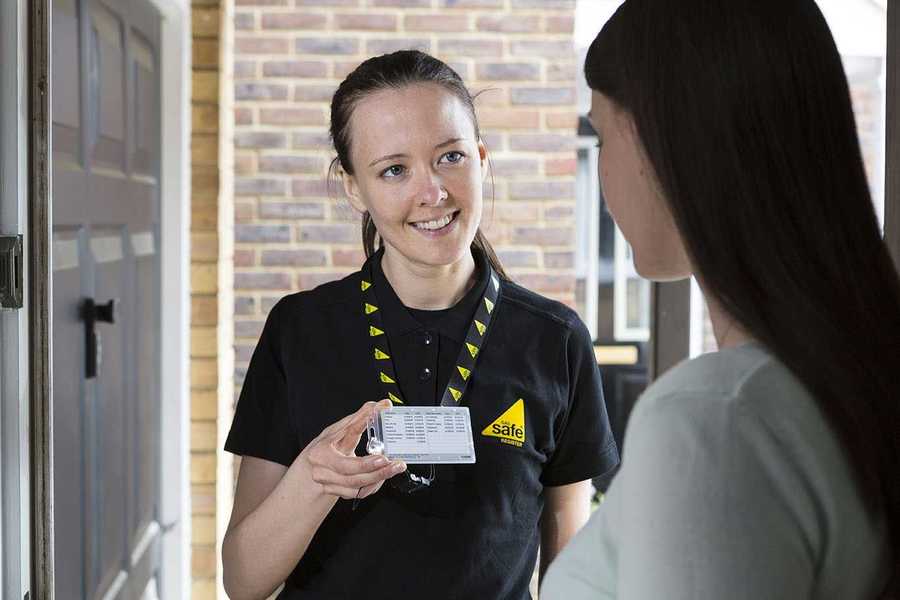
What is Gas Safety Week?
Launched in 2021, The Gas Safe Register introduced this annual event to raise awareness of the dangers of poorly maintained gas appliances; known to cause gas leaks, fires, explosions and carbon monoxide poisoning. The Gas Safe initiative also looks to promote the importance of hiring a qualified engineer to service your gas appliances.
Why is Gas Safety Week Important?
Every year there are over three hundred gas-related incidents reported in the UK, the results of which can be fatal. In fact, last year, Statista reported that 26% of all carbon monoxide fatalities were a result of a faulty boiler. And with 77% of homes still using gas for heating in 2011, it's never been more vital to check that your appliances are gas safe.
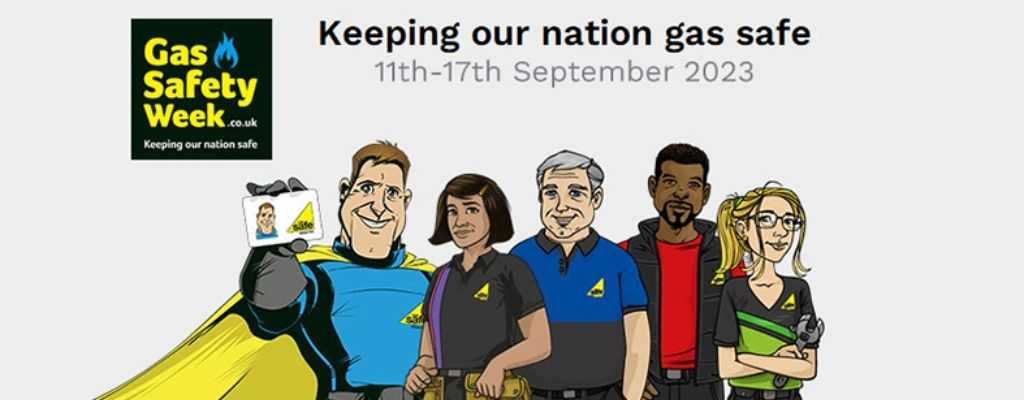
10 Ways to Keep Your Home Gas Safe
1) Check that your engineer is Gas Safe registered.
The Gas Safe register is an official list of businesses and engineers legally permitted to carry out gas work. Checking that your engineer is registered is easy! All you need to do is search their license number on the Gas Safe register website. This number can be found on their engineer ID card.
2) Check both sides of your engineer's Gas Safe ID card.
All Gas Safe registered engineers will carry their Gas Safe ID card when carrying out work. This card has information on the front and back. If your gas engineer cannot show you a valid ID, do not allow them to carry out work at your property.
3) Have your gas appliances serviced and safety checked each year.
As a landlord, you are obligated by law to undertake an annual gas safety check of your rental property. If you rent your home, ask for a copy of the landlord's current Gas Safety Record, otherwise known as a CP12. If you are a homeowner, it is highly advised that you have your gas appliances checked annually to help prolong your devices' life and keep your family safe.
4) Know the six signs of carbon monoxide (CO) poisoning.
Dizziness, nausea, tiredness, breathlessness, headaches and loss of consciousness are all signs of CO poisoning. Carbon monoxide is produced from fuels that do not burn fully. Sources in your home could be a boiler, gas fire, central heating, water heater, cooker or open fire.
5) Check gas appliances regularly for any warning signs.
Many people recognise warning signs that could indicate faulty appliances as; a lazy yellow flame, the pilot light going out, black marks or stains on or around the appliances and increased condensation inside windows.
6) Fit an audible carbon monoxide alarm and understand why it could be beeping.
If you live in a property with any gas appliances, you should have a carbon monoxide alarm in every room.
A common reason for your CO alarm to be beeping could be because of flat batteries. In this case, you can easily find this out by using the devices test button.
Should your device be beeping otherwise, it is recommended that you stay calm, increase ventilation in your property, turn off any fuel-burning appliance and call Gas Emergency Services on 0800 111 999.
7) Check that your home's vents and chimneys are clear.
Vents are vital in ensuring gas appliances burn correctly; they should never be blocked by furniture, upholstery, or other household items. Likewise, chimneys should be cleaned and checked at least twice a year.
8) Use gas appliances only for their intended purpose.
Messing with appliances can be fatal. It may sound obvious, but appliances that run on gas should never be used for something they weren't built for. For example, using a gas cooker to heat a room.
9) Book an annual boiler and appliance service.
It's highly recommended that your boiler is serviced once a year. By scheduling this important appointment, you can be sure that your boiler is running safely and efficiently. Thankfully, Care Club can provide annual boiler services for free as part of a low monthly subscription. Or, for a one-off boiler service, you can book online via the Rightio website.
10) Spread the word!
Gas Safety Week is all about sharing information and educating ourselves. By shouting about gas safety, we can work together to protect our family, friends and peers. How can you get involved? There are plenty of excellent online materials on the Gas Safety Week website that you can read, watch and share!

Related advice
There are plenty of actions you can take to help keep your home in check. Take a look here for the latest guides, advice and tips from our experts!
View our latest advice


